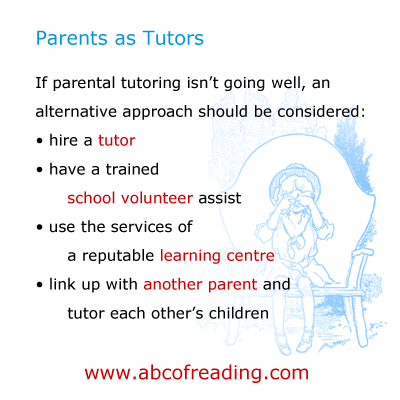Except for very rare situations, I am against the non-promotion of students because such an approach is apt to be unsuccessful. The reason for this is that these students often lack strong foundational skills in the subject(s) they are struggling with. Therefore, being exposed to the same curriculum and basically the same teaching approach tends to do little to develop inadequate skills. For instance, if a Grade 3 student is only reading at the Grade 1 level, repeating the Grade 3 curriculum is unlikely to help him/her obtain the foundational skills that he/she requires.
There are two additional reasons I don’t support holding back. One is that such an action is likely to detrimentally affect a student’s self-confidence. Once this happens, one’s ability to learn is further reduced because in order to learn one must experience success – an outcome which in turn builds confidence. And, it is this powerful combination of progress and faith in one’s ability that fosters further growth. The other reason is that not only does a drop in confidence affect one’s academic ability but it can also affect one’s social and emotional development.
In conclusion, I recommend that struggling students be advanced to the next year and that they be provided with one-on-one or small group instruction so that their needs could be directly addressed. This might appear as an expensive plan but it is actually more cost effective to remediate problems sooner than later.
I am a Special Education Teacher (retired) who is also dyslexic. Being dyslexic is significant because it was through my own struggles that I was able to acquire the insight that opened the door to a wealth of information on this neurological condition. For further details on reading difficulties and how to remediate them, visit www.abcofreading.com .


